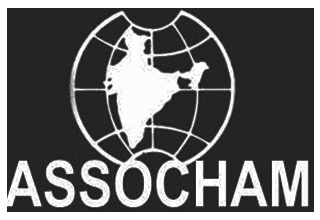Assocham demands for fair, non-discriminatory regime for adoption of Open Source Software
Updated: Aug 19, 2015 04:18:54pm

In a note submitted to the Information Technology (IT) ministry, the chamber has proposed extensive stakeholder consultations to build a world class business friendly and a technology neutral IT procurement policy and environment.
The chamber said earlier Government reports on IT have been against any procurement preference and have advocated Open Standards and Interoperability, rather than open source alone.
“There are some who believe that in cases where open source software is available, no commercial software should be used. This can sometimes be counter-productive, since there may be cases when commercial software is better suited than the open source versions. It is not a good idea to force the use of specific software of any type; instead, the focus should be on adopting open standards, and using open source as prudent.”
It was of the view that Government of India (GoI) and its arm Department of Electronics and IT (DeitY), has the important responsibility of growing the entire IT ecosystem in the country. This includes many aspects other than Open Source and e-governance, for instance, hardware, software, communication, manufacturing, new technologies like IOT, R&D, BPOs, services etc. Hence DeitY which is the apex body has to be strictly technology neutral and should not mandate any technology at the expense of any other technologies.
Being extremely conscious of the pressures on your time, we are not elaborating on the other issues due to not having a technology neutral IT software procurement policy in Government, it said.
These include slowing down of Digital India by making solutions de-novo instead of quickly rolling out proven solutions, already working the world over; existence of cases of rollback of OSS in Government projects worldwide, massive IT projects in India like Income Tax, Passport etc running successfully in sensitive government departments on Proprietary software without degradation of security or strategic control.
Need for the Government to focus on outcomes and total cost of ownership rather than the technology behind it, lack of skilled manpower to run all government projects on OSS, possible IPR management issues and violations due to widespread use of OSS, possible loss of jobs of manpower specialized in the government vertical on proprietary technologies, government not being able to take advantage of the huge amount of innovation taking place in proprietary software. (KNN Bureau)












